- 1Astronomical Observatory Institute, Faculty of Physics, Adam Mickiewicz University in Poznań
- 2Institut de Ciències del Cosmos (ICCUB), Universitat de Barcelona (IEEC-UB), Carrer de Martí i Franqués, 1, 08028, Barcelona, Spain
- 3Departamento de Fisica, Ingeniería de Sistemas y Teoría de la Señal, Universidad de Alicante, Carr. de San Vicente del Raspeig, s/n, 03690 San Vicente del Raspeig, Alicante, Spain
Abstract
The Gaia@home project is designed to give scientists another layer of freedom. The project makes possible to perform computations which demand a lot of CPU time – reducing the computational workload and opening up opportunities for heavy processing operations on volunteers computers.Gaia@home allows to create a huge number of small jobs (Gaia data + code), send them to the BOINC platform and collect the results for further analysis.Enjoy Gaia@home either if you are a scientist looking for CPU resources or a volunteer willing to contribute to citizen science.
Figure 1. Gaia@home logo.
Are you a scientist? Gaia@home can speed up your science!
- Step 1: Visit https://web.gaiaathome.eu/login and create an account
- Step 2: Prepare the code used for your calculations following some BOINC rules. Instructions are provided in our site. The code can compute any scientific problem which relies on the Gaia archive data, but also feel free to attach your own data.
- Step 3: Create a new task. Every task consists of the executable file, compiled according to BOINC guidance (step 2), auxiliary files (e.g. additional input file needed for any job) and a prescription on how to split Gaia archive into a series of parallel, independent jobs. Every BOINC job gets these files, and one portion of the data from the Gaia archive.
- Step 4: Your task starts running and you will be notified when a number of jobs on the BOINC platform have been completed.
- Step 5: You will be periodically notified by email about the status of your calculations. Finally, you will be notified when the task is completed and you are ready to download your results!
Figure 2. Screenshot of Gaia@home showing the current available computation resources from volunteers.
Would you like to contribute to citizen science? Volunteer your free resources!
- Step 1: Visit http://www.gaiaathome.eu and press on Volunteer now!
- Step 2: Create an account in BOINC
- Step 3: Install BOINC app in your device, and start contributing to science!
Acknowledgements
This work has received funding from European Space Agence under the polish industry incentive scheme - GAVIP-GridComputing (4000120180/17/NL/CBi).
TSR acknowledges funding from the NEO-MAPP project (H2020-EU-2-1-6/870377). This work was (partially) funded by the Spanish MICIN/AEI/10.13039/ the Institute of Cosmos Sciences University of Barcelona (ICCUB, Unidad de Excelencia ‘María de Maeztu’) through grant CEX2019-000918-M.
How to cite: Bartczak, P., Santana-Ros, T., Hypki, A., Langner, K., and Dudziński, G.: Gaia@home: Combining Gaia catalogue with the power of volunteer computing, Europlanet Science Congress 2022, Granada, Spain, 18–23 Sep 2022, EPSC2022-659, https://doi.org/10.5194/epsc2022-659, 2022.

